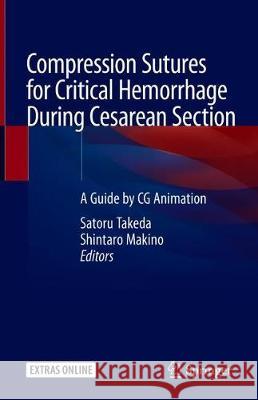Compression Sutures for Critical Hemorrhage During Cesarean Section: A Guide by CG Animation » książka
topmenu
Compression Sutures for Critical Hemorrhage During Cesarean Section: A Guide by CG Animation
ISBN-13: 9789813294592 / Angielski / Twarda / 2020 / 42 str.
Compression Sutures for Critical Hemorrhage During Cesarean Section: A Guide by CG Animation
ISBN-13: 9789813294592 / Angielski / Twarda / 2020 / 42 str.
cena 402,53
(netto: 383,36 VAT: 5%)
Najniższa cena z 30 dni: 385,52
(netto: 383,36 VAT: 5%)
Najniższa cena z 30 dni: 385,52
Termin realizacji zamówienia:
ok. 16-18 dni roboczych.
ok. 16-18 dni roboczych.
Darmowa dostawa!
Kategorie BISAC:
Wydawca:
Springer
Język:
Angielski
ISBN-13:
9789813294592
Rok wydania:
2020
Wydanie:
2020
Ilość stron:
42
Oprawa:
Twarda
Wolumenów:
01
Dodatkowe informacje:
Wydanie ilustrowane











